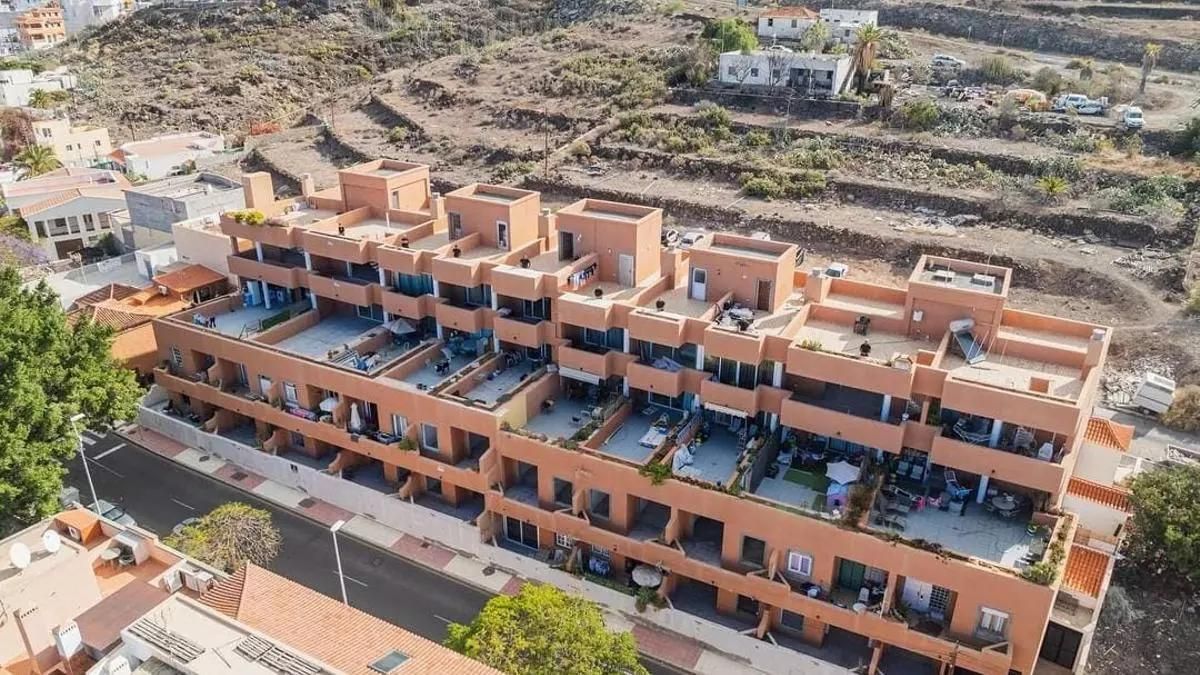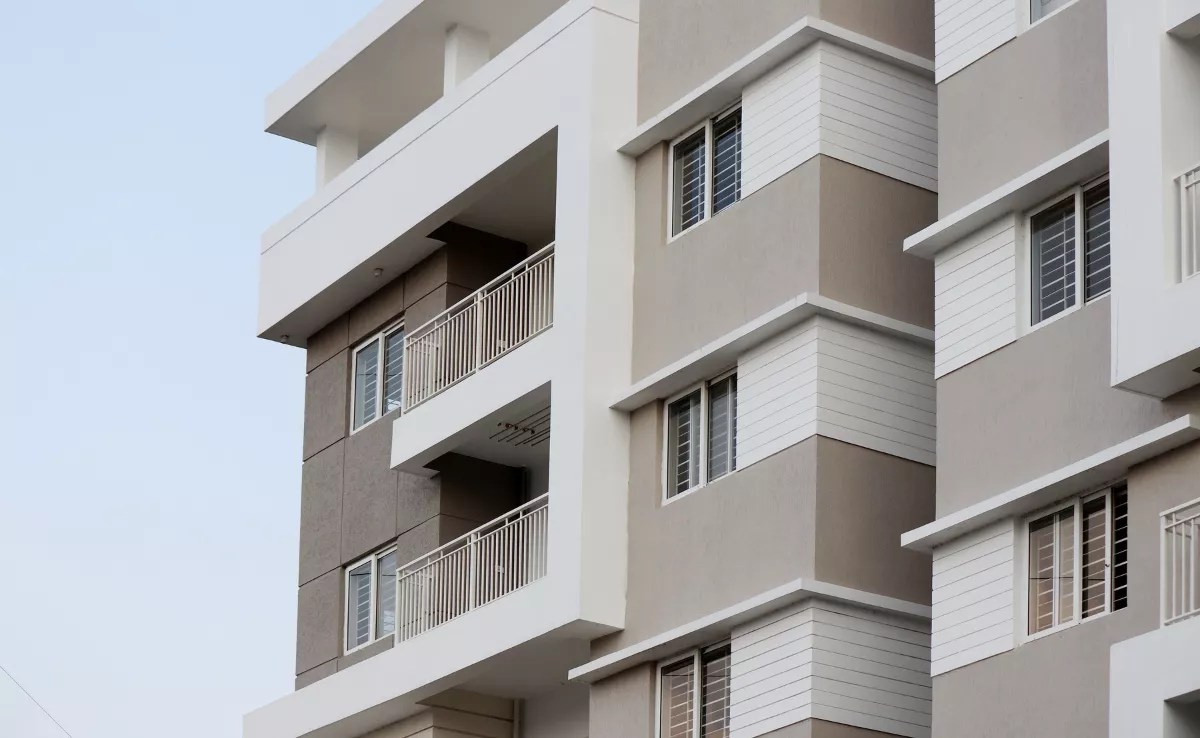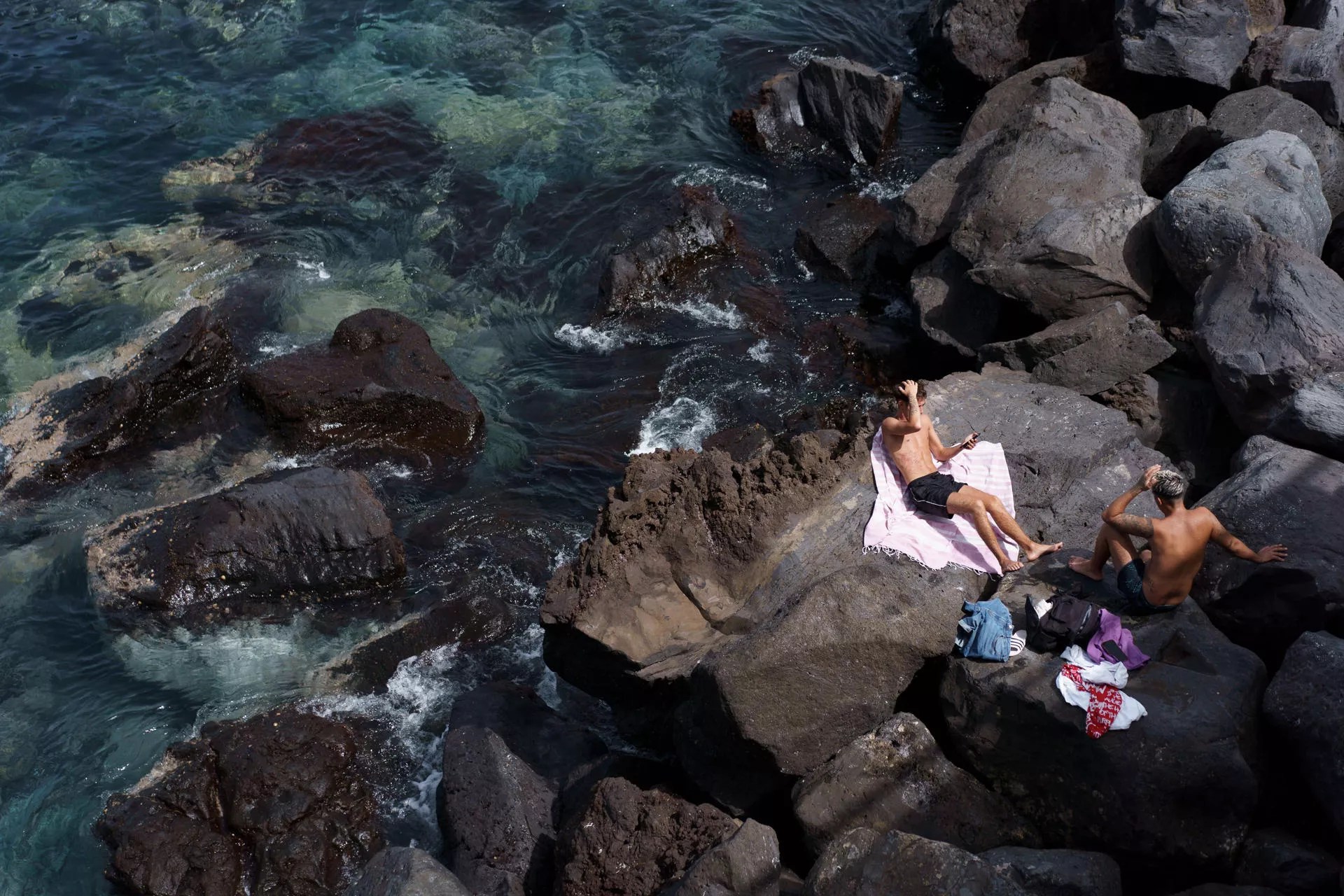Illegal occupation in Spain, commonly known as “squatting”, poses a significant challenge amidst the housing and economic crisis. This phenomenon has sparked public debate on housing policies and property rights, leading the government to reform laws to streamline judicial procedures and increase penalties against illegal occupants. However, striking a balance between protecting social rights and respecting private property remains a complex task. A recent incident in the Canary Islands, specifically Tenerife, saw the eviction of a building with 43 homes in Tijoco Bajo, Adeje municipality. Some ‘squatters’ were found to own Mercedes and Audis, offering the houses as holiday rentals.
Meanwhile in Gran Canaria, Yurena recently shared her story in an interview on the YouTube channel ‘Esto Puede Salir Mal’. This resident of Las Palmas de Gran Canaria entered an abandoned home in the La Paterna neighbourhood nine years ago and recounted how in the past few days, “they tried to break into my house, it was wild,” she said. Yurena managed to have water and electricity bills registered in her name for the property.
How the Company that Evicted a Building in Tenerife Operates
The growing issue of illegal house squatting in Tenerife has seen a new development in the Adeje municipality, where the company Ezproperty Solutions has removed 43 properties that had been squatted for a long time. The ‘squatting’ phenomenon, exacerbated by a shortage of housing supply and rising rental prices, revealed some unexpected findings: some of these homes were equipped with luxury items such as high-end cars and high-powered motorcycles, and some were even marketed as holiday accommodations.
This unusual discovery highlights the complexity and diversity of the ‘squatting’ movement, which is not always associated with the need for housing due to lack of resources. In the affected area of Tijoco Bajo, Exproperty Solutions not only carried out the eviction of occupants but also cleaned and repaired the properties before returning them to their rightful owners.

Building released in Tenerife
In a video posted on their social media, the company details their work method, which includes mediating with squatters, clearing out belongings, refurbishing the homes, and disposing of unwanted items such as illegally stored furniture and other objects. Security measures like changing locks and installing anti-squatting doors are a fundamental part of their process.
Ezproperty Solutions’ intervention in Adeje reflects a reality that extends across various regions of Spain where the lack of affordable housing and real estate speculation often result in situations of illegal occupation.
.
















